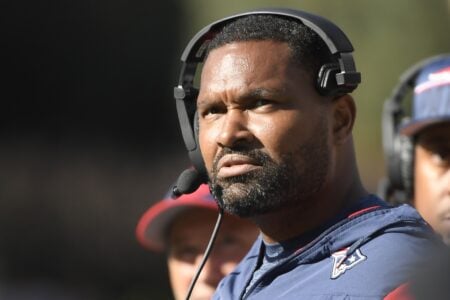Regarding College costs, being unable to afford tuition, etc.......
No one has a right to go to college. No one. Colleges exist to make money in exchange for providing an education. Of sorts. Life isn't fair, and I'd wager that a majority of students on campus don't need to be there. they are throwing good money away in pursuit of something that doesn't have near the value it did 50 years ago. Most High School guidance counselors, if they are honest, will tell you that the reason they push kids to attend college is that their districts and schools get money based upon graduation rates and college attendance. It's all about the money.
Many kids would do much better in a trade school, learning to be plumbers, electricians, X-Ray techs, Nurses, etc. There's a lot of money to be made there. The plumber I use charges $60/hour, and $90/hour after 5pm and on weekends. $120/hour on holidays. His family car is a new Lexus, and he's booked solid 6 weeks in advance.
But kids these days seem unwilling to get their hands dirty. The guidance counselors at their schools fill them with bunki about going to college and making scads of money, but the reality is that most of them will NOT make scads of money right off, and they'll be saddled with student loans whose repayment each month is usually about the same as a mortgage payment.
There are plenty of blue collar jobs available, but we, as a nation, and especially as parents, need to raise our kids with the idea of honest work, or earning your way, of doing whatever it takes to pay the bills. There is a great deal of personal satisfaction in doing work, of paying your way, of being a maker rather than a taker.
The NCAA is a taker, almost equivalent to the mob. Legalized extortion and racketeering. The entire program needs to go away, and if unionizing is what that takes, then so be it.
I'll be right up front: i despise unions. I consider them about the same as the mod too. I think it should be against the law for anyone earning their living with tax money, like teachers, firemen, cops, or any form of government employee, to unionize and use collective bargaining. But unions are legal in the civilian sector, and I have no truck with folks if that's what they want to do. However, I also want a national "right-to-work" law to prevent closed shops, etc. So, that's where I stand.
Colleges need to downsize, more kids need to go to trade schools, and the NCAA (and the entire SAT program) needs to go away. If unionizing the college athletes is what it take to push along that agenda, then I'll gladly hop aboard that train.
Again, YMMV, and that's fine, but this is how I see things.


















